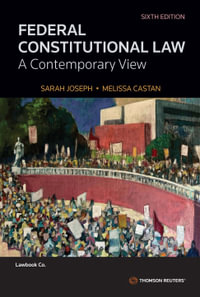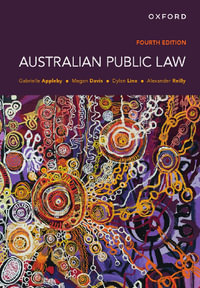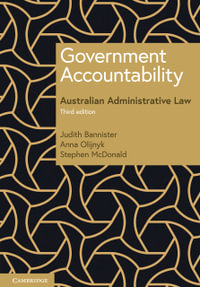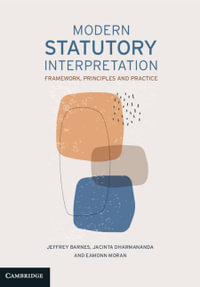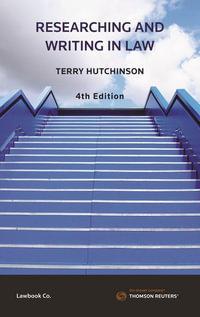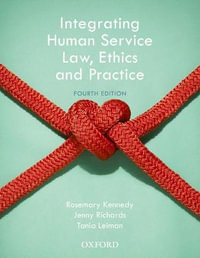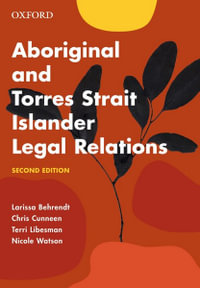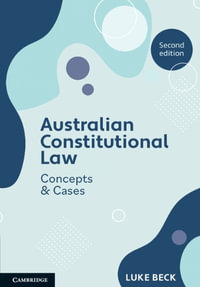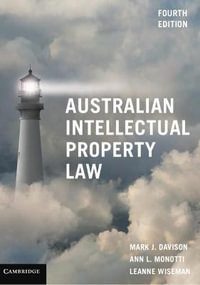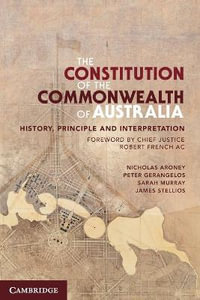Administrative Law: Cases and Materials is the product of a longstanding collaboration by a distinguished group of authors, each with extensive experience in the teaching, scholarship, and practice of administrative law. The Eighth Edition preserves the book's distinctive features of functional organization and extensive use of case studies, with no sacrifice in doctrinal comprehensiveness or currency. By organizing over half of the book under the generic administrative functions of policymaking, adjudication, enforcement, and licensing, the book illuminates the common features of diverse administrative practices and the interconnection of otherwise disparate doctrines. Scattered throughout the book, case studies present leading judicial decisions in their political, legal, institutional, and technical context, thereby providing the reader with a much fuller sense of the reality of administrative practice and the important policy implications of seemingly technical legal doctrines. At the same time, the Eighth Edition fully captures the headline-grabbing nature of federal administrative practice in today's politically divided world.
New to the Eighth Edition:
- New insight into the thinking of the Supreme Court's newest Justices on crucial separation-of-powers questions (especially in excerpts from the Gundy, Kisor, and PHH cases)
- Multiple excerpts from the controversial citizenship-question Census case
- Excerpts of judicial responses to Trump Administration initiatives in immigration and environmental law
- Multiple excerpts from the DAPA case (Texas v. US), as a platform for considering the fate of the DACA program and other immigration controversies
- Comprehensive updates of materials on Chevron deference, arbitrary-capricious review, substantial evidence review, reviewability of agency action, the appointment and supervision of ALJs, and presidential oversight of rulemaking
Professors and students will benefit from:
- The "case study" approach that illuminates the background policy and organizational context of many leading cases.
- The functional organization of materials in Part Two which enable instructors to show how doctrinal issues are shaped by functional context.
- Theoretical materials presented at the beginning of the book that provide a useful template for probing issues throughout the course.
- A text that is designed to be easily adaptable for use as an advanced course and in schools that have a first-year Legislation and Regulation course.
- Units that are organized so that many class sessions can focus on a single leading case, reducing the problem of "factual overload" that characterizes many administrative law courses.
- The case study approach that helps students understand the context within which doctrinal issues arise and the way in which those issues affect important matters of public policy.
- Reorganization of Part Two to convey a deeper understanding of the characteristic functions performed by administrative agencies.
![Administrative Law : Cases and Materials [Connected eBook with Study Center] - Ronald A. Cass](https://www.booktopia.com.au/covers/big/9781543804423/7705/administrative-law.jpg)
